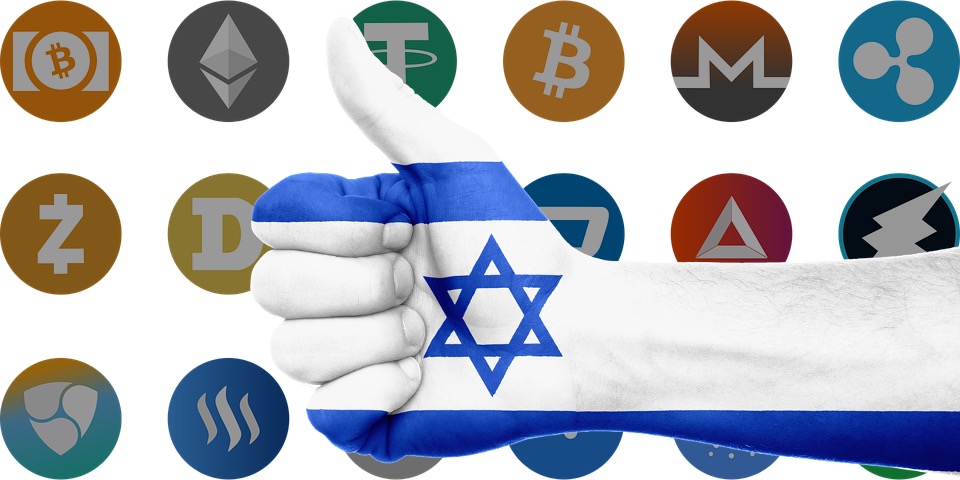The Chairman of the Money Laundering Authority, Dr. Shlomit Wegman-Ratner, addressed Calcalist’s Fintech 2021 conference to amend the anti-money laundering order so that it will also allow supervision of services provided in cryptocurrencies. In addition, she said that during the COVID-19period there was a sharp increase in online crime.
“The world of virtual assets is going to be divided into two groups: those who are on the white list and those who are on the black list,” says the chairman of the Money Laundering Authority, Dr. Shlomit Wegman-Ratner at Calcalist’s Fintech 2021 conference.
In her remarks, Wegman-Ratner refers to the new legislation that was passed a month ago in the Knesset and is intended to regulate the activity of virtual assets. “Because the blockchain network allows cryptocurrencies to be monitored and tracked, law enforcement agencies can know if the currency was involved in criminal activity by fingerprints. Before performing any action, the platform should check the route – if the currency has been blacklisted – then it is blacklisted .
In contrast to the classic industries that tend to oppose regulation or new supervision, Wegman-Ratner reveals that this is not the case here, but rather the opposite: “The industry has given a lot of support, gone hand in hand with us to legislate the law to make sure the field is regulated. This will increase activity.The industry wants to be legitimate and act right and stop being outside the fence’, which has prevented the classic financial players from shying away from interaction because of the financial risk to their reputation involved in this activity.
Wegman-Ratner explains that when it comes to virtual assets, on the one hand they are an opportunity, but on the other hand there are also meaningful risks. “On the one hand, the world is going in digital directions, there are a lot of opportunities. It is cheaper and available. But on the other hand, these are anonymous assets that are also used for drug trafficking, terrorism, crime because they allow cross-border transactions without monitoring. “, She explains.
Wegman-Ratner explained the processes and intersections of the recent period: “The world has gone to a very important side that was also adopted by Israel this month (amendment of legislation passed in the Knesset). This stemmed from an understanding that the challenges of the future cannot be tackled historical tools, international rules and standards must be followed and supported.
“The FATF – the international body that sets the rules for all countries and economies on virtual assets – has set the rules that all countries must abide by when a country that does not meet them is expelled from the system and blacklisted.
“Israel joined the organization two years ago after we were accepted as members. The rules that came into force speak of the need for the platforms – virtual service providers – to identify and recognize the customer and due diligence: for each transfer transaction of over NIS 5,000, the details of the transferor and the recipient must be written. – as “in the normal system”.
“We put a layer of SWIFT on the crypto as in the banking system and it is called TRAVEL RULE. All the details reside on the blockchain and are available to law enforcement agencies. In addition, reporting to the Anti-Money Laundering Authority will be required. Many countries have already entered this international regime.”
Referring to the COVID-19 crisis, the chairman of the authority says that “the criminals have also moved to work from home. We are seeing a sharp increase in online financial crime. They have also transferred criminal activity to the internet arena.”
.
By Adrian Pilot (Hebrew), February 24, 2021, published on Calcalist






